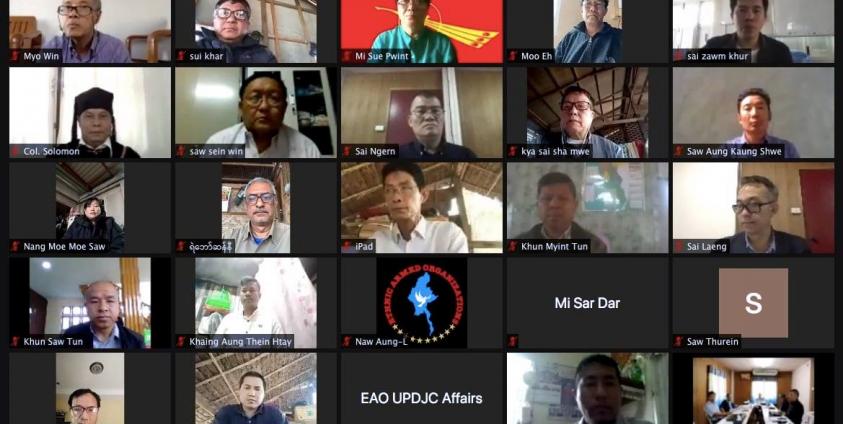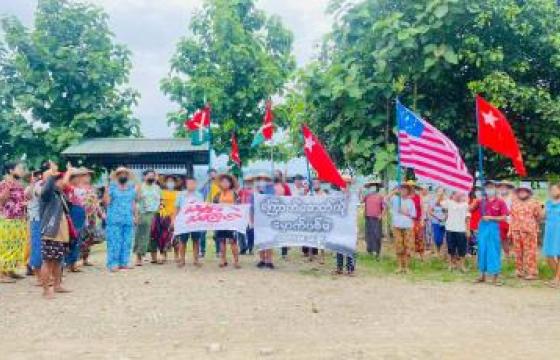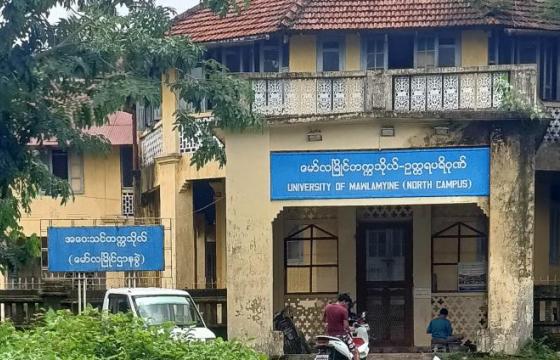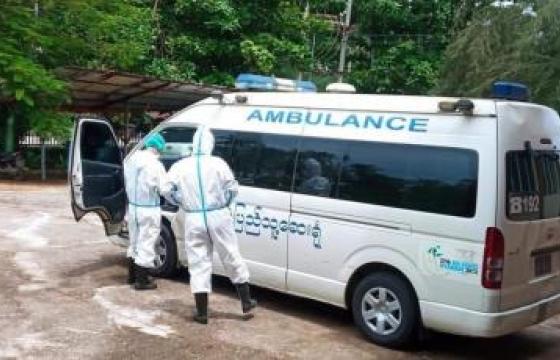The ten ethnic Armed Organizations (EAOs) which had signed the Nationwide Ceasefire Agreement (NCA), announced on Saturday that they will no longer negotiate with the military government, and will support the mass protests to reverse the coup.
Their February 20th statement declared “We support the Civil Disobedience Movement (CDM) and public protests against the military coup and military dictatorship, and we are going to find ways to support these movements and protests.”
This represents a major setback to the military strategy who had gambled on gaining a wide range of ethnic representation inside their newly created State Administrative Council SAC), in order to consolidate their grip on the nation.
The ethnic solidarity decision was arrived at the second special meeting of the Peace Process Steering Team (PPST) of Nationwide Ceasefire Agreement Signatories composed of Ethnic Armed Organization (NCA-S EAO).
The PPST demands the unconditional and immediate release of all people detained, condemn any act of violence and use of excessive force against peaceful demonstrators.
The PPST issued a five-point statement after an open and frank discussion on political crisis and aid It will collaborate with all national and regional actors, including the international community, to abolish military dictatorship and to seek a durable solution for the current political crisis.
The Tatmadaw's invitations to join the SAC have only been accepted by a few individuals and rejected by most ethnic parties and EAOs except for the notable exception of the AA (Arakan Army) and the ANP which won most seats in the November election in Rakhine State.
However civil society groups are putting heavy pressure to the ANP to reverse their decision, set aside their bitter differences with Daw Aung San Suu Kyi /the NLD, and join the nationwide anti-coup movement.
The military had hoped to exploit that ethnic disappointment with the NLD’s governance and their lackluster efforts in the direction of a federal democratic union, to keep the NLD divided from the people in ethnic states.
It is increasingly evident that the military has seriously miscalculated how far the coup itself has been instrumental helping to transcend traditional enmity and mistrust with the majority ethnic Bamar. A new solidarity has developed among the multitude of diverse cultural and political groups who have embraced the CDM movement that has buoyed the hopes of more rights for ethnic peoples in the future once democracy is restored.







